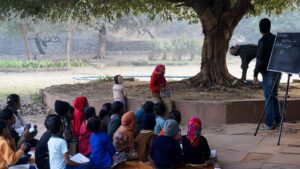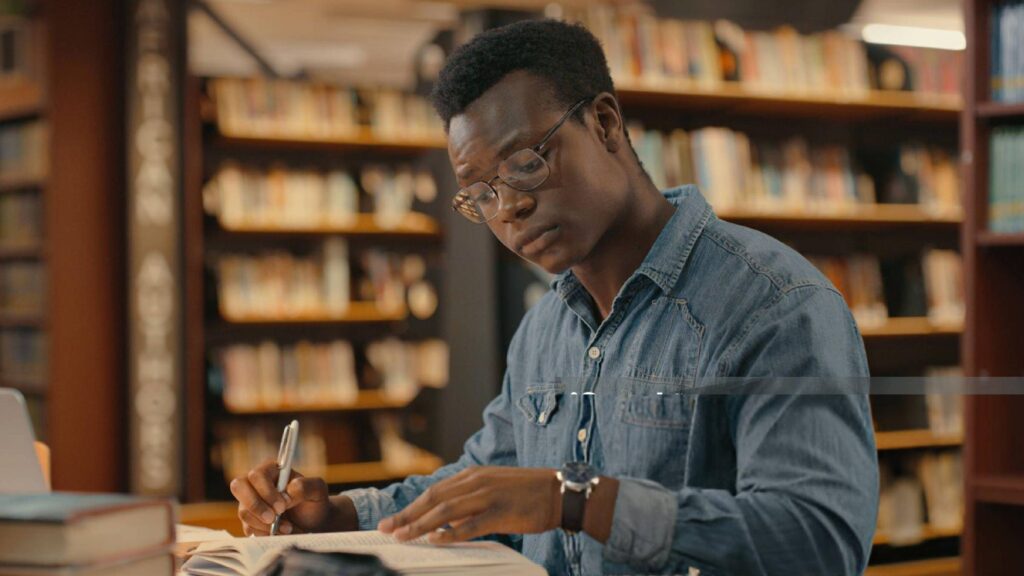For centuries, “world literature” was a phrase that too often meant European literature translated into multiple languages. African voices, though vibrant and longstanding, were pushed to the margins. But in the mid-20th century, the tide began shifting, thanks to pioneering works like Chinua Achebe’s Things Fall Apart. This novel, instantly recognized for its brilliance, forced global recognition of Africa’s literary traditions. It showed that African stories were not footnotes to global narratives—they were central to an honest account of human culture.
From there, a wave of voices surged forward. Writers like Ngũgĩ wa Thiong’o, Buchi Emecheta, and Ama Ata Aidoo produced novels and essays that stood toe to toe with world literature not as imitators, but as innovators. They used African rhythms of speech, deployed proverbs, and dramatized issues of colonial encounter, identity, and nationhood. These innovations created new stylistic avenues that global criticism could not ignore. In this way, African literature not only entered the canon but challenged it to expand and rethink what universality really means.
The canon’s expansion intensified with newer generations. Wole Soyinka became Africa’s first Nobel laureate in literature, bringing plays that merged Yoruba traditions with global theater forms. Writers such as J.M. Coetzee and Nadine Gordimer tackled apartheid with piercing honesty. In recent decades, works by Chimamanda Ngozi Adichie, Abdulrazak Gurnah, Teju Cole, and Tsitsi Dangarembga place African literature firmly within global conversations on migration, feminism, and identity. These writers are not just storytellers—they are architects of global empathy.
It matters profoundly that African literature now stands tall in the global literary environment. Literature, at its essence, is about who gets to tell the human story, and by including African writers, the canon recognizes that humanity cannot be told without them. Every continent contributes its part to the grand dialogue, and Africa’s voice is one of vitality, depth, and originality. It shows European and American literature that universal does not mean Eurocentric—it means inclusive and diverse.
Even as the canon shifts, it is worth celebrating not only that African literature is recognized, but also how it reshapes the very definition of global storytelling. By reclaiming and asserting its rightful space, African literature doesn’t merely take a seat at the table—it redefines the menu. In doing so, it enriches the global bookshelf with themes, styles, and insights that make reading a truly international human experience.






